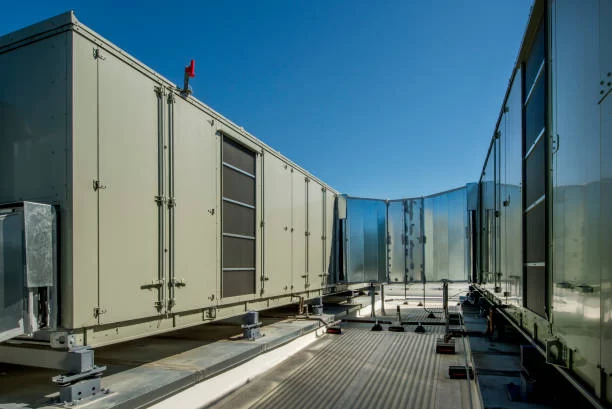Analyzing the Efficiency of Water Cooling Energy Storage Systems in Renewable Energy Integration
Introduction
Water cooling energy storage systems have gained attention as an effective method for managing the heat generated in high-capacity energy storage solutions. These systems are especially critical in renewable energy integration, where efficiency and reliability are paramount. This article explores the efficiency of water cooling energy storage systems and their role in enhancing renewable energy applications.
The Importance of Cooling in Energy Storage
As energy storage systems handle increasing capacities, managing the heat produced during energy storage and release becomes vital. Inadequate cooling can lead to overheating, reduced efficiency, and even system failure. Water cooling offers a highly effective solution, providing superior thermal management compared to air cooling.
How Water Cooling Enhances Efficiency
- Superior Heat Dissipation
Water cooling systems excel in dissipating heat more efficiently than traditional air-cooled systems. Water has a higher heat capacity than air, allowing it to absorb and transfer more heat, maintaining optimal operating temperatures for energy storage systems.
Improved System Reliability
By maintaining consistent temperatures, water cooling reduces the risk of thermal stress on components, leading to more reliable performance and longer system life. This is crucial for large-scale renewable energy storage, where reliability directly impacts energy availability.
Enhanced Energy Efficiency
Water cooling not only improves the efficiency of the storage system by preventing overheating but also reduces energy consumption by requiring less power to maintain the cooling process compared to air cooling.
Challenges and Considerations
While water cooling offers significant benefits, it also presents challenges. The complexity of the system, initial costs, and the need for regular maintenance are considerations that must be addressed. Additionally, ensuring the system’s environmental compatibility, particularly in renewable energy applications, is essential.
Case Study: Water Cooling in Large-Scale Solar Energy Storage
A large-scale solar energy storage facility implemented a water cooling system to manage the heat generated by its high-capacity storage units. The result was a significant improvement in system efficiency, with reduced energy losses and extended operational life of the storage units. This case highlights the effectiveness of water cooling in renewable energy integration
Conclusion
Water cooling energy storage systems play a crucial role in enhancing the efficiency and reliability of renewable energy integration. By effectively managing thermal loads, these systems help maximize energy storage potential and ensure long-term, sustainable energy solutions. As the demand for renewable energy continues to grow, water cooling technology will likely become increasingly essential.

